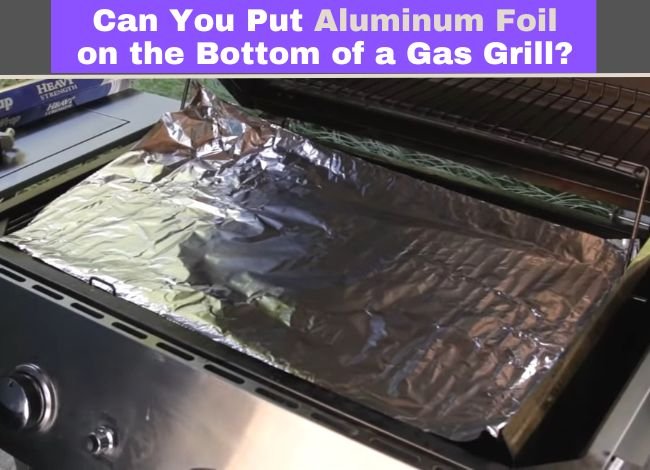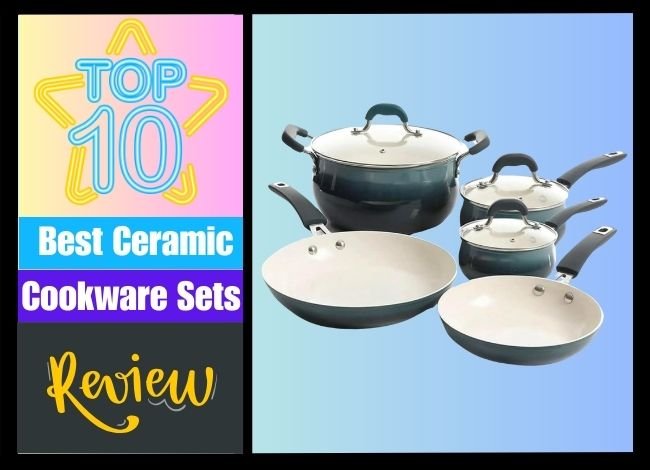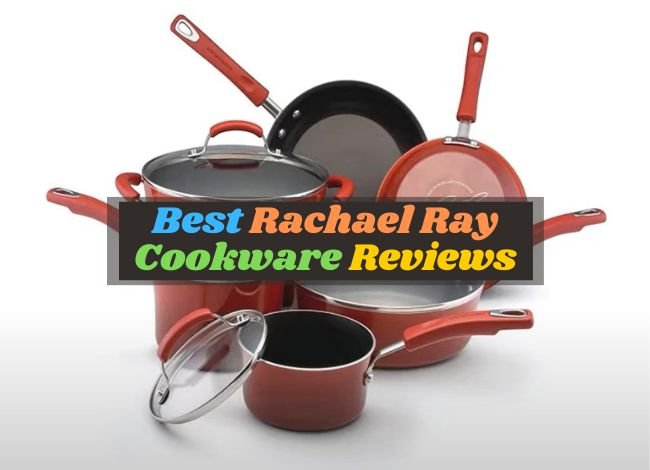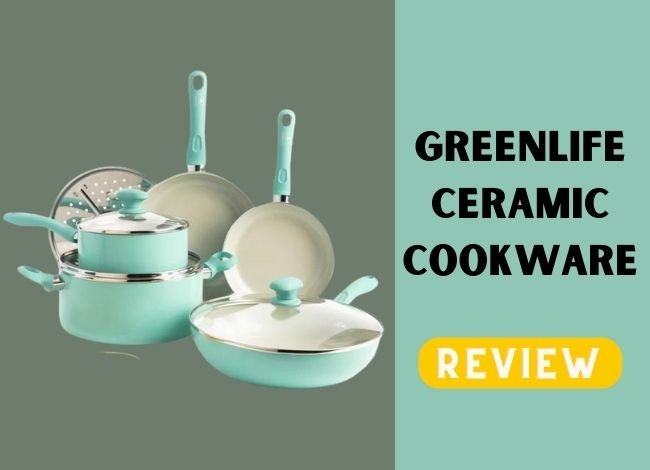Last Updated on January 18, 2024
Grilling enthusiasts often seek creative solutions to simplify the cooking and cleaning process. One common consideration revolves around the use of aluminum foil, especially at the bottom of a gas grill. This material seems like a natural fit given its heat-resisting properties, lightweight nature, and versatility. But is it safe and practical to place aluminum foil at the bottom of a gas grill? Let’s dive into the ins and outs of this matter.
Related Article: How Long Should You Burn Off a New Grill?
Advantages of Using Aluminum Foil on a Gas Grill
- Easy Cleanup: One of the primary reasons people think of using aluminum foil is to prevent grease and food particles from dropping onto the grill’s burner covers or the bottom tray. Wrapping the drip tray with foil can simplify the cleaning process since you can remove and discard the foil after grilling.
- Even Heat Distribution: Some users believe that aluminum foil can help distribute heat more evenly across the grill. The reflective surface of the foil might reduce hot spots and ensure more uniform cooking.
- Protection against Rust: Over time, moisture and food particles can lead to the formation of rust on the grill’s components. Aluminum foil can act as a barrier, reducing the contact of these elements with the grill’s metal parts.
- Flavor Enhancement: Some grill enthusiasts use foil to create small pouches filled with herbs, spices, or wood chips. When placed on the grill, these pouches release aromatic smoke, adding unique flavors to the grilled food.
Potential Concerns with Using Aluminum Foil on a Gas Grill
While there are some advantages, it’s also crucial to recognize the potential drawbacks and dangers of using aluminum foil on a gas grill.
- Obstruction of Airflow: Gas grills are designed to distribute heat and allow for specific airflow patterns. Placing aluminum foil on the bottom can disrupt this airflow, leading to uneven cooking and potentially dangerous flare-ups.
- Melted Aluminum: Aluminum has a melting point of about 660°C (1,220°F). While typical grilling temperatures might not reach this point, any concentrated hotspots or flames could cause the foil to melt, leading to damage or contamination of your food.
- Chemical Reactions: When exposed to acidic or salty foods, aluminum foil can corrode, potentially releasing harmful substances onto the food or into the grill’s components.
- Potential Health Concerns: While the evidence is still inconclusive, some studies suggest a potential link between the ingestion of aluminum and conditions like Alzheimer’s disease. When aluminum foil breaks down due to high heat or interaction with acidic foods, there’s a chance for aluminum to leach into the food.
- Reduced Longevity of Grill: Shielding the grill’s parts from drippings using foil might sound like a protective measure. However, those drippings, when vaporized, play a role in flavoring the food and maintaining the grill’s condition. Without these drippings, certain grill components might deteriorate faster.
Best Practices if You Choose to Use Aluminum Foil
If you still want to use aluminum foil on your gas grill, following some guidelines will ensure safety and effectiveness:
- Don’t Cover the Entire Bottom: Instead of covering the entire bottom, only use foil on specific parts, like the drip tray. This approach ensures that airflow isn’t majorly disrupted.
- Use Heavy-Duty Foil: Opt for a thicker, heavy-duty aluminum foil. It’s less likely to tear, melt, or get punctured during grilling.
- Check for Buildup: If you’re using foil regularly, ensure you check and change it often. Built-up grease on foil can ignite, causing dangerous flare-ups.
- Avoid Direct Contact with Food: If you have concerns about potential health risks, ensure that your food doesn’t directly contact the foil, especially acidic or salty foods.
Alternatives to Aluminum Foil
- Grill Mats: These are specially designed mats that can withstand high temperatures and prevent food from falling through the grates. They offer many of the benefits of aluminum foil without the associated risks.
- Drip Pans: Many gas grills come with drip pans. Instead of covering these with foil, regularly clean them to maintain the grill’s performance and longevity.
- Ceramic and Cast Iron Plates: Some grills come with or have the option for ceramic or cast iron plates which capture drippings and distribute heat evenly.
More Details: Click the link here…
Conclusion
While using aluminum foil on the bottom of a gas grill might seem like a convenient solution for clean-up and even cooking, it’s essential to weigh the pros and cons. If used improperly, foil can pose safety and health risks. Always practice caution, consider the manufacturer’s guidelines for your specific grill model, and explore alternatives that might offer a safer and more effective grilling experience.
Frequently Asked Questions
- Is it safe to use aluminum foil at the bottom of a gas grill?
- Answer: Yes, it is generally safe. Aluminum foil can help in collecting grease and food particles, making cleanup easier. However, ensure that it does not block any air flow or cover gas outlets.
- Will aluminum foil affect the heating or cooking performance of a gas grill?
- Answer: Aluminum foil on the bottom of the grill should not significantly affect heating or cooking performance. It’s crucial to avoid covering the entire grill bottom, as this can lead to uneven heat distribution.
- Can aluminum foil catch fire on a gas grill?
- Answer: Aluminum foil itself is not flammable and will not catch fire. However, accumulated grease or food particles on the foil can ignite if not cleaned regularly.
- How often should I replace the aluminum foil on my gas grill?
- Answer: Replace the foil once it becomes heavily soiled or damaged. Regular replacement will prevent buildup of grease and ensure better grill maintenance.
- Are there any specific types of aluminum foil recommended for gas grills?
- Answer: Heavy-duty aluminum foil is usually recommended for grills due to its durability and ability to withstand high temperatures. Avoid using thin or low-quality foil that can tear easily.




